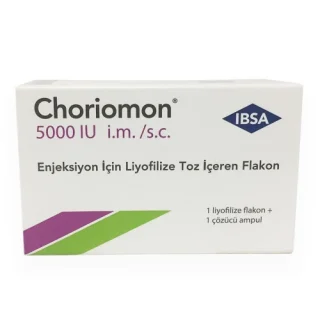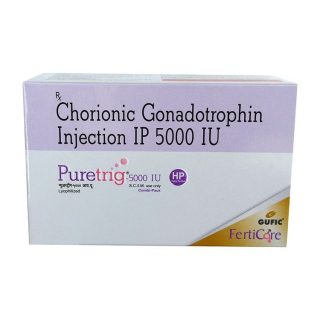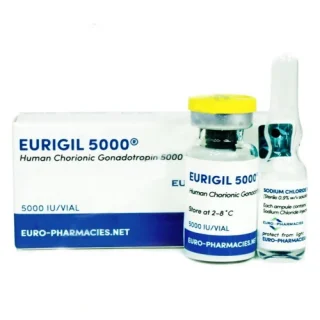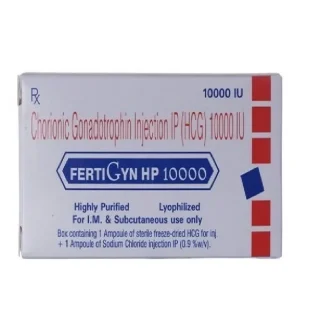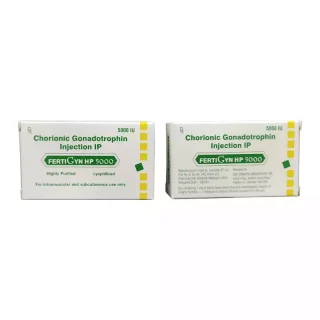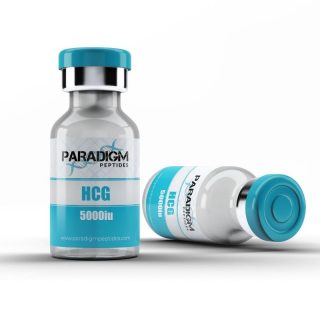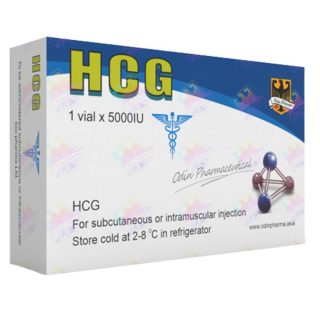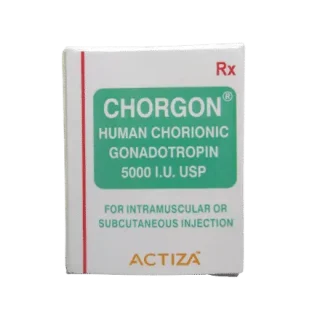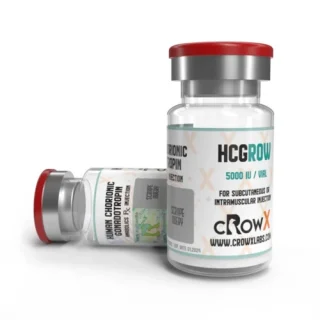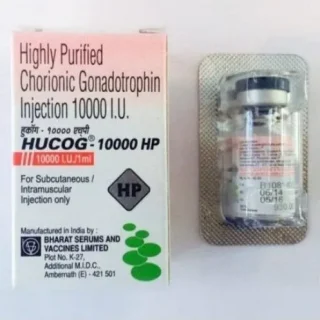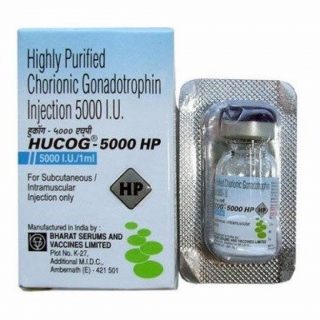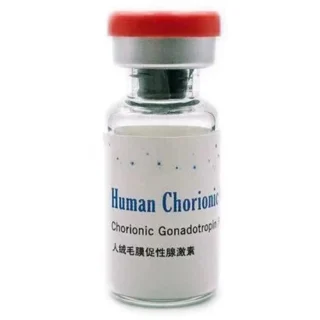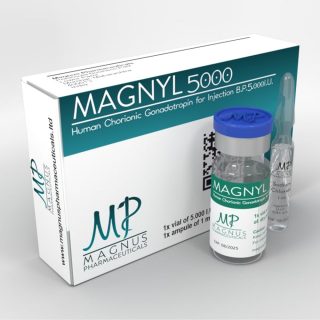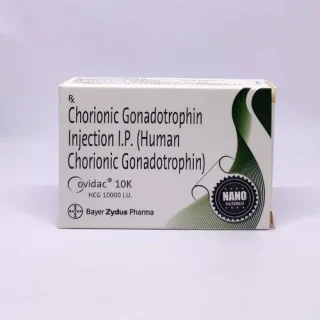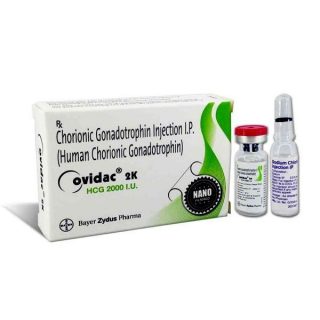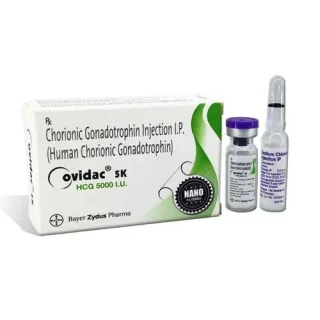Gonadotropin Usage in Sports: Dosage and Guidelines
Introduction
In the realm of sports and fitness, athletes are constantly seeking ways to optimize their performance and recovery. Gonadotropin, a hormone often associated with fertility treatments, has gained attention among athletes due to its potential impact on hormone levels and muscle development. In this article, we will delve into the usage of gonadotropin in sports, exploring its mechanisms, benefits, and considerations regarding dosage.
Understanding Gonadotropin and Its Function
Gonadotropins are a group of hormones produced by the pituitary gland. They include follicle-stimulating hormone (FSH) and luteinizing hormone (LH), which play crucial roles in regulating reproductive functions and hormone production in both men and women.
Gonadotropin’s Potential in Sports
While gonadotropins are not typically associated with sports performance, some athletes have explored their use due to their potential influence on testosterone production. Testosterone is a key hormone for muscle growth, strength, and overall athletic performance. By influencing the body’s natural hormone levels, gonadotropins might indirectly impact an athlete’s ability to gain muscle mass and enhance performance.
Utilization and Considerations
It’s important to note that using gonadotropin for sports performance is considered off-label and should be approached with caution. Athletes should always consult with a qualified healthcare professional before using any hormone-altering substances for purposes other than their intended use.
Dosage and Cycling
Determining the appropriate dosage of gonadotropin for sports purposes can be complex and should be guided by a medical professional. Dosages can vary based on an individual’s goals, body composition, and hormonal levels. Typically, gonadotropin is administered through injections. Athletes considering its use should work closely with a healthcare provider to determine the right dosage and frequency.
Hormonal Balance and Monitoring
Using gonadotropins to influence hormone levels requires careful monitoring to maintain a healthy hormonal balance. Uncontrolled or improper use of these hormones can lead to disruptions in the endocrine system, affecting overall health and well-being. Regular blood tests and medical supervision are essential when using gonadotropins.
Potential Side Effects
Gonadotropin usage can lead to side effects, which can include acne, mood swings, and changes in libido. More severe side effects might include testicular atrophy and fertility issues. Athletes considering gonadotropin should be aware of these potential risks and seek medical advice before proceeding.
Conclusion
In conclusion, while gonadotropins play a significant role in reproductive health, their application in sports is relatively unexplored and should be approached with caution. Athletes seeking to enhance their performance through hormone manipulation should prioritize their health and safety by consulting qualified medical professionals before considering the use of gonadotropin or any other hormone-altering substances.
FAQs
Can gonadotropin directly enhance athletic performance?
Gonadotropins affect hormone levels, which can have a direct or indirect influence on athletic performance. Hormones can affect muscle growth, development, recovery, and overall body composition. However, it is difficult to predict the exact degree to which gonadotropin or any hormone can enhance athletic performance.
Is gonadotropin safe for use by athletes?
The safety of using gonadotropin for sports purposes is not well established and needs to be addressed with extreme caution. As with any hormone–based supplement, athletes considering the use of gonadotropin should consult with a medical professional and weigh the potential risks and benefits.
Can women athletes use gonadotropin for similar effects?
The effects of gonadotropin on female athletes is not well studied, and caution is advised when considering its use in sports performance. hormone balance and function may differ greatly between males and females, and the amount and type of gonadotropin needed to achieve a desired effect may vary.
Does gonadotropin usage require post-cycle therapy?
Depending on the duration and dose of gonadotropin, post–cycle therapy might be necessary to restore normal hormone levels. If gonadotropin is used for an extended period of time, athletes should consider a post–cycle therapy protocol to minimize potential side effects and help restore hormonal balance.
Are there natural alternatives to gonadotropin for optimizing hormone levels?
Lifestyle modifications such as diet, exercise, stress management, and sleep quality can have an influence on hormone levels. Consulting with a healthcare provider to develop an individualized health and fitness plan may be a more natural approach to optimize hormone levels in athletes.
Showing 1–16 of 25 results
-
CHORIOMON 5000 IBSA
30,00 €Add to basketProduct Description: CHORIOMON 5000 IBSA Introducing CHORIOMON 5000 IBSA, a cutting-edge product designed to enhance your bodybuilding journey and help you achieve your fitness goals. With its unique formulation and powerful benefits, CHORIOMON 5000 IBSA is a must-have for both beginners and experienced bodybuilders. Features and Benefits High-Quality Formulation: CHORIOMON 5000 IBSA is manufactured by …
-
Add to basket
Chorionic Gonadotrophin 5000 IU Puretrig: The Ultimate Solution for Bodybuilders Are you a bodybuilder looking to take your gains to the next level? Look no further than Chorionic Gonadotrophin 5000 IU Puretrig. This powerful and pure supplement is specifically designed to enhance your bodybuilding journey, providing you with numerous benefits and helping you achieve your …
-
EURIGIL HCG 5000 Euro Pharmacies
22,00 €Add to basketEURIGIL HCG 5000 Euro Pharmacies Introducing EURIGIL HCG 5000 Euro Pharmacies, the ultimate solution for bodybuilders and fitness enthusiasts looking to enhance their performance and achieve their goals. This powerful product is designed to provide exceptional results, offering a range of benefits that will take your training to the next level. Features and Benefits High-Quality …
-
FERTIGYN 10000 I.U. Sun Pharma
43,99 €Add to basketProduct Description: FERTIGYN 10000 I.U. Sun Pharma FERTIGYN 10000 I.U. by Sun Pharma is a highly effective and reliable human chorionic gonadotropin (HCG) hormone supplement. It is specifically designed to support the needs of both beginners and experienced bodybuilders. With its potent formulation and numerous benefits, FERTIGYN 10000 I.U. is a must-have for individuals looking …
-
FERTIGYN 5000 I.U. Sun Pharma
29,99 €Add to basketProduct Description: FERTIGYN 5000 I.U. Sun Pharma FERTIGYN 5000 I.U. by Sun Pharma is a highly effective and reliable product designed to support bodybuilders and athletes in their fitness journey. This injectable medication contains Human Chorionic Gonadotropin (HCG), a hormone that plays a crucial role in various bodily functions. With its exceptional quality and proven …
-
HCG 5000 IU Paradigm Peptides
65,00 €Add to basketProduct Description: HCG 5000 IU Paradigm Peptides Introducing the HCG 5000 IU Paradigm Peptides, a revolutionary product designed to support your bodybuilding journey and help you achieve your fitness goals. This high-quality human chorionic gonadotropin (HCG) supplement offers a range of benefits, from promoting muscle growth and fat loss to enhancing overall performance and recovery. …
-
HCG 5000 Odin Pharma
85,00 €Add to basketProduct Description: HCG 5000 Odin Pharma The HCG 5000 Odin Pharma is a high-quality and reliable product designed to support bodybuilders and fitness enthusiasts in their journey towards achieving their fitness goals. This powerful hormone supplement offers a range of benefits, including increased muscle mass, enhanced fat loss, and improved overall performance. Key Features and …
-
Add to basket
Product Description: HCG Gonadotropin Chorionic 5000I.U. Introducing the HCG Gonadotropin Chorionic 5000I.U., a powerful and effective hormone supplement designed to support your bodybuilding journey. This high-quality product offers a range of benefits, including enhanced muscle growth, increased testosterone production, and improved recovery time. Whether you’re a beginner or an experienced bodybuilder, this HCG supplement is …
-
HCGROW Crowx Labs
60,00 €Add to basketHCGROW Crowx Labs: Comprehensive and Engaging Product Description Introducing HCGROW Crowx Labs, the ultimate solution for bodybuilders and fitness enthusiasts looking to take their performance to the next level. With its unique blend of ingredients and cutting-edge technology, this powerful supplement is designed to help you achieve your fitness goals faster and more effectively than …
-
Add to basket
Product Description: HUCOG 10000 I.U. Bharat Serums and Vaccines Limited HUCOG 10000 I.U. by Bharat Serums and Vaccines Limited is a highly effective and reliable human chorionic gonadotropin (HCG) hormone supplement. Designed to cater to the needs of both beginners and experienced bodybuilders, this product offers a range of benefits to enhance your fitness journey. …
HUCOG 10000 I.U. Bharat Serums and Vaccines LimitedRead More
-
Add to basket
Product Description: HUCOG 5000 I.U. by Bharat Serums and Vaccines Limited Introducing HUCOG 5000 I.U. by Bharat Serums and Vaccines Limited, a highly effective and reliable product designed to support bodybuilders and fitness enthusiasts in achieving their goals. With its exceptional quality and proven results, HUCOG 5000 I.U. is a trusted choice for both beginners …
-
Add to basket
Product Description: HUMAN CHORIONIC GONADOTROPIN Beligas Introducing HUMAN CHORIONIC GONADOTROPIN (HCG) Beligas, a powerful and effective hormone supplement designed to support bodybuilders and athletes in their fitness journey. With its unique formulation and exceptional quality, HCG Beligas offers a range of benefits that can help you achieve your fitness goals. Features and Benefits Enhanced Muscle …
-
Add to basket
Magnyl 5000 IU Magnus Pharmaceuticals: Comprehensive Product Description Introducing Magnyl 5000 IU by Magnus Pharmaceuticals, a cutting-edge supplement designed to enhance your bodybuilding journey and optimize your performance. With its potent formulation and numerous benefits, Magnyl 5000 IU is the ultimate choice for both beginners and experienced bodybuilders alike. Unleash Your Potential with Magnyl 5000 …
-
Add to basket
Ovidac 10000 I.U. – Unlock Your True Potential with Bayer Zydus Pharma Are you ready to take your bodybuilding journey to the next level? Look no further than Ovidac 10000 I.U. by Bayer Zydus Pharma. This powerful and reliable product is designed to help you achieve your fitness goals with ease and efficiency. With its …
-
Add to basket
Ovidac 2000 I.U. – Unlock Your True Potential Are you ready to take your bodybuilding journey to the next level? Look no further than Ovidac 2000 I.U. by Bayer Zydus Pharma. This powerful and reliable product is designed to help you achieve your fitness goals with ease and efficiency. With its unique formulation and exceptional …
-
Add to basket
Ovidac 5000 I.U. – Unlock Your True Potential Are you ready to take your bodybuilding journey to the next level? Look no further than Ovidac 5000 I.U. by Bayer Zydus Pharma. This powerful and reliable product is designed to help you achieve your fitness goals with ease and efficiency. With its unique formulation and exceptional …

